Set at $7.25 Since 2009, Raising Wisconsin's Minimum Wage Would Cut Poverty
Thousands of residents in Wisconsin — many of them people of color — would see a higher standard of living if politicians raised the long-stalled minimum wage.
Wisconsin Watch
July 26, 2021
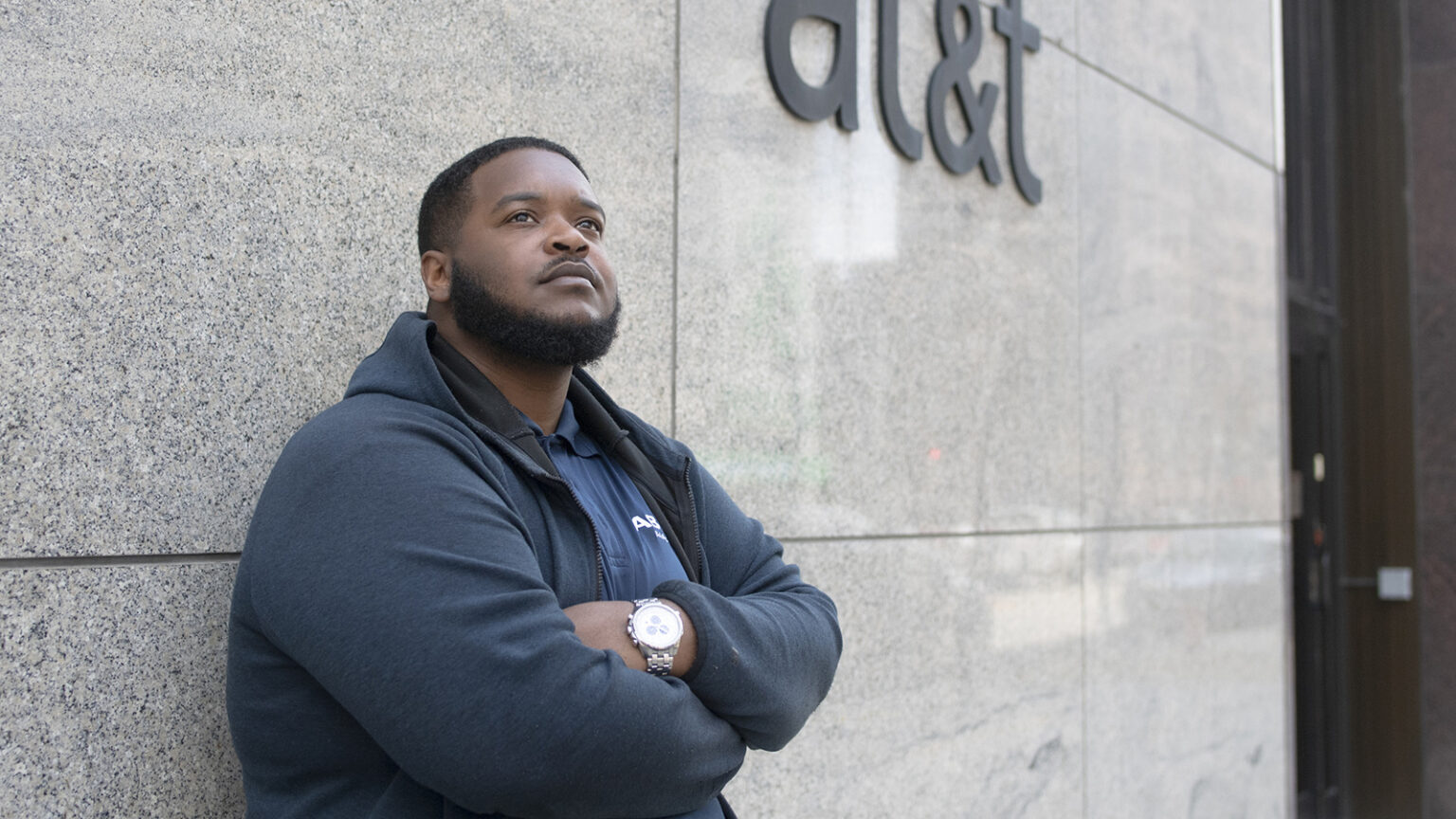
James Rudd is seen outside of his workplace at the AT&T building in downtown Milwaukee, where he works as a janitor, on July 13, 2021. Rudd is fighting to double the minimum wage in Wisconsin from $7.25 per hour to $15 per hour. Rudd says he now makes more than $15 an hour — and thinks everyone should make at least that. "Fifteen dollars is just a start. We want to take vacations. We want to be able to live the American dream," he says. (Credit: Isaac Wasserman / Wisconsin Watch)

By Molly Davis and Gretchen Gerlach, Wisconsin Watch
For 26-year-old Olivia McKnight, raising the minimum wage to $15 an hour would transform her life.
As a full-time Popeyes employee in Milwaukee, McKnight makes $10 an hour. This isn’t nearly enough to support herself and her three children. She also works a second job. The long work hours have forced her to miss out on time spent with her children, including holidays and key life moments.
For 29-year-old James Rudd, who earns more than $15 an hour now, he is finally able to afford the things he needs. And he now fights for all workers in Wisconsin to reach at least $15 an hour.
In contrast with McKnight, Rudd’s maintenance job at AT&T’s Milwaukee office cleaning floors and changing light bulbs has made his life easier. He can afford health insurance, bus fare and to keep current on his bills — all of which were out of reach when he earned $7.25 or $8 an hour.
The long-standing barriers to a higher standard of living for McKnight and her family got worse with COVID-19. Before the pandemic, McKnight made decent money working at a car wash, but when it shut down, she was forced to go back to her lower-paying fast-food job.
“I try to provide for my family day to day, month to month, paying rent, paying electric, lights, and trying to find babysitters,” McKnight said. “It’s definitely hard, it takes the majority of my time away, and it’s like I’m almost working for pennies.”
Roughly 1 million hourly workers nationwide earn the federal minimum wage of $7.25 an hour or less. Like others fed up with low earnings, McKnight recently joined the Fight for $15, a global political movement working to increase the minimum wage for all underpaid workers.
In Wisconsin, where the racial wealth and income gaps are some of the greatest in the nation, many feel raising the minimum is long overdue. According to a 2019 Marquette Law School Poll, 55% of Wisconsinites support raising the minimum wage, while 39% oppose it. And Black women like McKnight are among those who would benefit the most from it.
Black and Hispanic women are more than twice as likely as white men to make less than $15 per hour, according to calculations by The Washington Post using federal jobs data. About 46% of Hispanic women and 39% of Black women earn less than $15 an hour, while only 18% of white and Asian men earn less than $15 per hour. In Wisconsin, an estimated 43.7% of residents earn less than $15 an hour.
Because of grassroots movements like the Fight for $15 and growing political support, eight states and the District of Columbia have already passed legislation to raise the wage to $15 an hour, most recently Florida, according to the UC Berkeley Labor Center.
But not Wisconsin. It is among 21 states whose minimum wage matches the federal level of $7.25 an hour. In 10 other states, the minimum is higher but still under $10, the UC Berkeley Labor Center reports.
Legislators, activists and community members have organized, lobbied and proposed changes to the federal and state-level wages for years, well before Democrats tried unsuccessfully to include a federal $15 minimum wage in the pandemic relief package passed in February 2021.
In January, Democrats reintroduced the Raise the Wage Act, which would gradually increase the federal minimum wage to $15 per hour by 2025 and end pay below-the-minimum wage for tipped workers. Under the bill, the minimum wage would increase immediately to $9.50 an hour, then to $11 per hour next year, $12.50 in 2023, $14 in 2024 and then $15 in 2025. A similar bill was introduced in 2019 but never cleared the GOP-controlled Senate.
The main reason minimum wage bills have stalled: Opponents argue that raising it would force many businesses to close or cut their workforces, resulting in fewer jobs.
A 2021 Congressional Budget Office report estimated that implementing a nationwide minimum of $15 an hour would lift nearly 1 million people out of poverty — but employment would be reduced by 1.4 million workers. Wisconsin Manufacturers and Commerce, a powerful business lobby, argues raising the minimum wage would reduce opportunities for entry-level workers by making it more expensive for companies to hire them.
Economic disparities huge
Low wages have long been a problem for workers of color in Wisconsin. Black median household income in Milwaukee has fallen by almost 30% since 1979. In fact, the Black median household income of $29,655 is the lowest among the top 50 U.S. metropolitan areas, and it is only 42% of white median household income, which in 2018 was $70,561. That’s according to a 2020 study by the University of Wisconsin-Milwaukee Center for Economic Development, which controlled for cost of living while comparing metropolitan areas.
“I think that’s a profound finding,” said Marc Levine, co-founder of the center who led the study. “It tells us a lot about not only our history, but about what’s happening today in Milwaukee and how little progress it has made.”
Levine’s recent research focuses on Black communities and how they fare in the nation’s 50 largest metropolitan areas on issues including housing segregation, incarceration, poverty and income. On nearly every measure, Milwaukee comes out at or near the bottom. Wisconsin’s largest city, he said, “represents the archetype of modern-day metropolitan racial apartheid and inequality.”
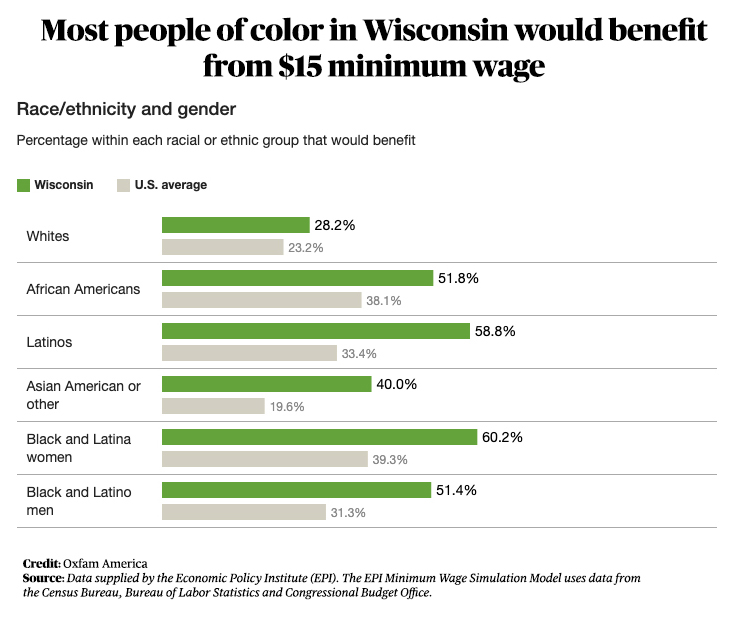
A chart shows the percentage of Wisconsinites by racial and ethnic group who would benefit from a $15 minimum wage.(Credit: Oxfam America)
Differences in educational achievement do not account for the disparities in income. According to Levine’s report, a white high school dropout is over twice as likely to be employed in Milwaukee than a Black high school dropout. In fact, white high school dropouts have a higher employment rate than Black workers who have graduated from high school.
When breaking down the impact of an increased minimum wage by congressional district in Wisconsin, 38% of all workers in Wisconsin’s 4th Congressional District — which includes the Milwaukee metropolitan area — would see higher wages with a higher federal minimum wage, while 27% of workers in Wisconsin’s 2nd Congressional District — which includes Madison — would also see a boost in pay.
“So when we talk about raising the minimum wage and the Fight for 15, you can see how important that is for Black Milwaukee given the very low wages that are earned by Black males,” Levine told Wisconsin Watch. “My estimate is that almost 40 to 45% of Black workers in Milwaukee would benefit from raising the minimum wage to $15 an hour.”
‘Political volleyball’
For Wisconsin state Sen. Melissa Agard, the issue of raising the minimum wage is a moral one. Far too many people in the state who are working 40 hours a week — and who are disproportionately people of color — are still unable to take care of themselves and their families with dignity, she said.
On June 17, Agard announced she would reintroduce legislation to raise the minimum wage to $15 in Wisconsin. She said it is “embarrassing” and “shameful” that the minimum hourly wage in the state has been frozen at $7.25 since 2009.
Back then, “‘I’ve Got a Feeling’ by the Black-Eyed Peas was No. 1 in the charts, and Harry Potter and the Half Blood Prince was topping our box offices,” Agard said, flanked by labor union advocates and Democratic colleagues at a Capitol news conference. “It’s been 4,346 days, since we’ve had a minimum wage increase here in the state of Wisconsin.”
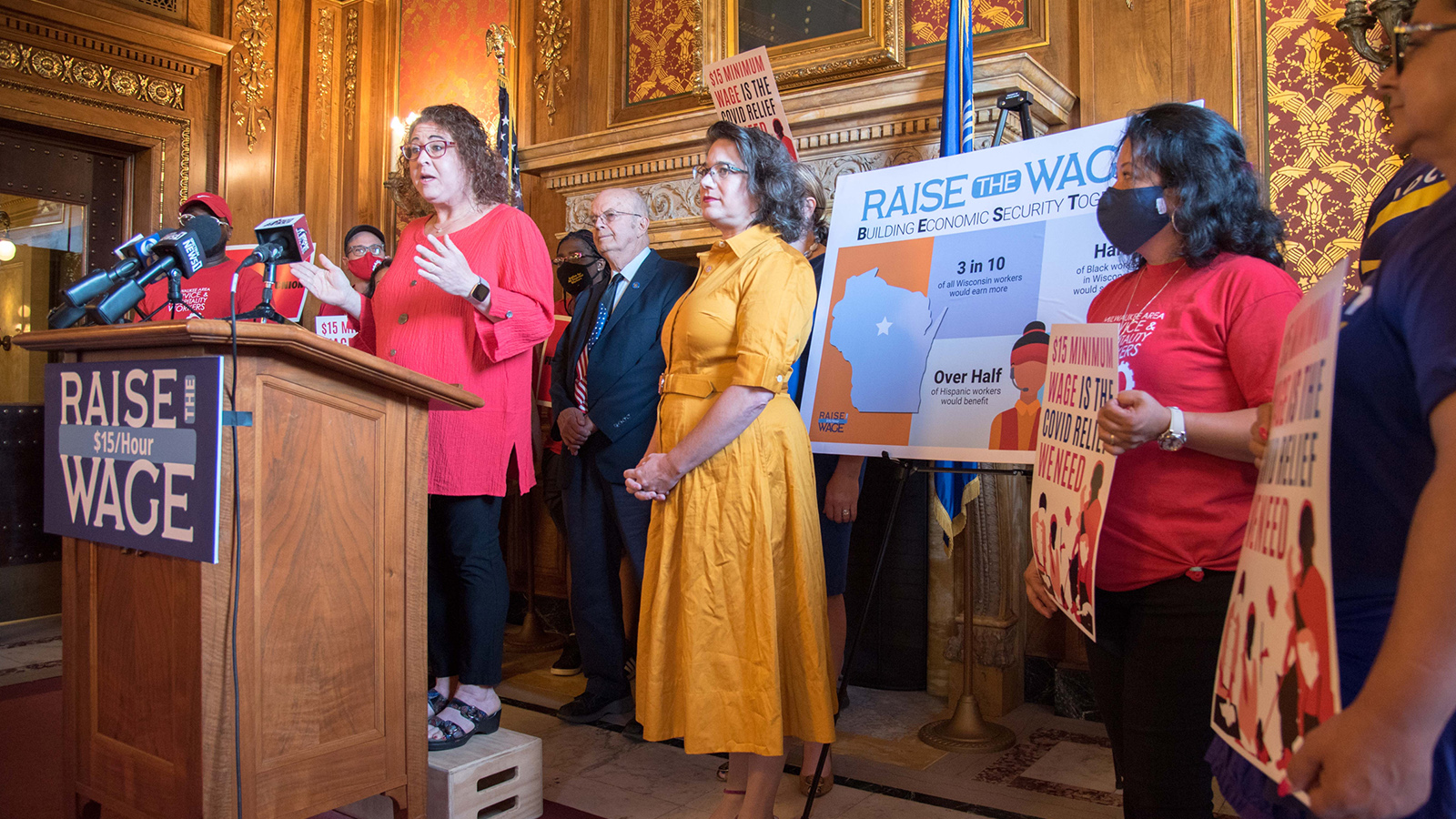
Wisconsin state Rep. Lisa Subeck, D-Madison, speaks at a June 17, 2021 press conference at the Wisconsin State Capitol to promote her proposal, co-sponsored by state Sen. Melissa Agard, D-Madison (center), to raise the state’s minimum wage to $15 per hour. Wisconsin’s $7.25 an hour rate — which matches the federal minimum — has not risen since 2009. (Credit: Will Cioci / Wisconsin Watch)
Many minimum-wage workers are forced to rely on public assistance programs, which cost the state billions. Addressing income inequality, in part by raising the minimum wage, could actually save the state money in respect to government-funded assistance programs because people would be able to better support themselves and their families, Agard said.
“Increased wages mean less people (are) reliant on government assistance for food, health care and other essentials,” she said. “In the richest country on the planet, no one should work full time and live in poverty.”
The UC Berkeley Labor Center found that 45% of workers in Wisconsin who would receive a pay boost if the Raise the Wage Act were passed are currently enrolled in one or more public assistance programs, including Medicaid, FoodShare and the Earned Income Tax Credit. Those working class employees are supported by an estimated $2.4 billion in public assistance programs in Wisconsin, the Labor Center estimated.
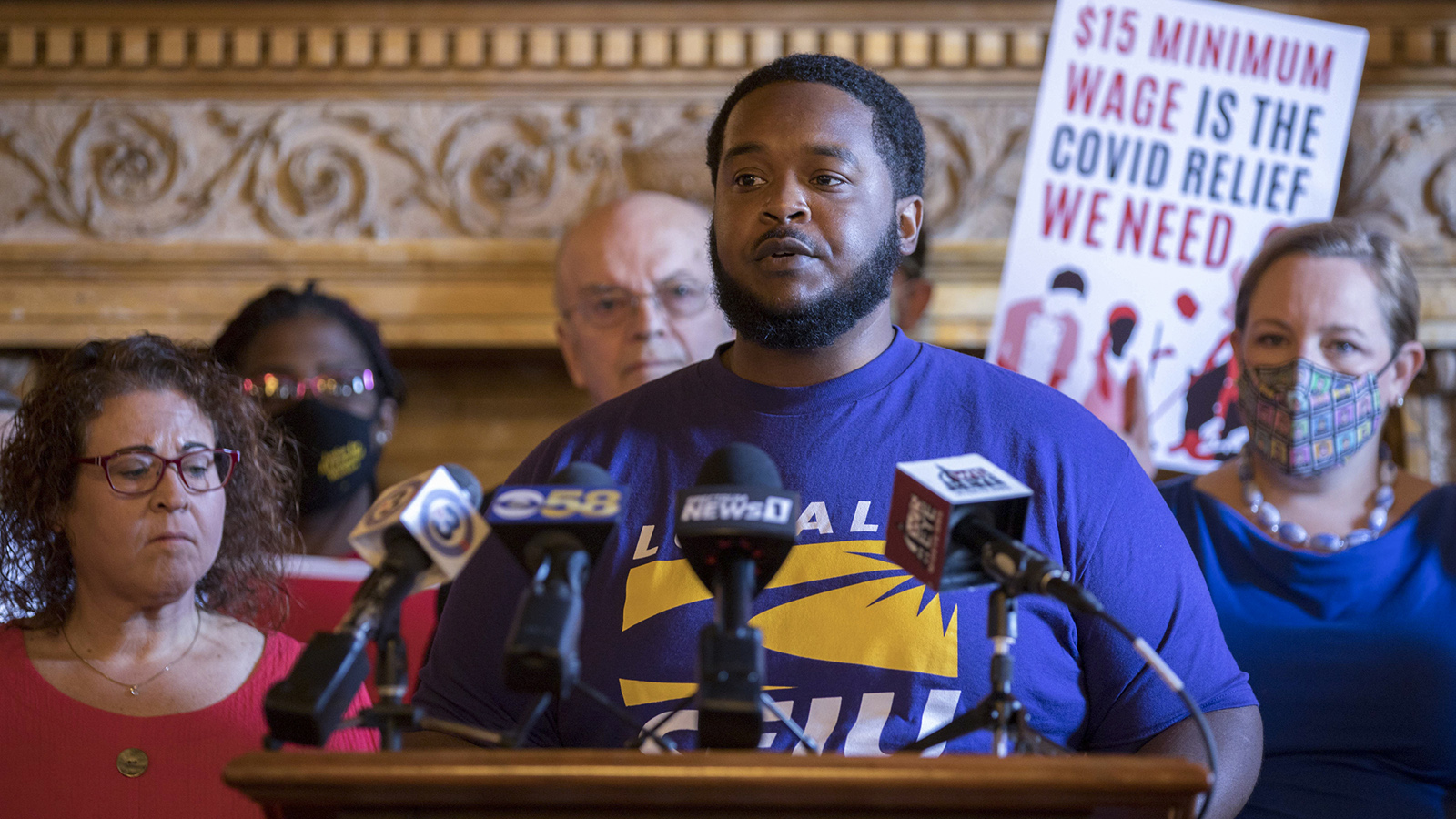
James Rudd, a janitorial worker and member of SEIU Local 1 in Milwaukee, speaks at a June 17, 2021 press conference at the Wisconsin State Capitol held by state Sen. Melissa Agard, D-Madison, and Rep. Lisa Subeck, D-Madison (left), to introduce legislation that would raise the state’s minimum wage to $15 per hour. “The pandemic made it clear that society works because we do,” says Rudd, who has worked cleaning industry jobs for 16 years.
(Credit: Will Cioci / Wisconsin Watch)
Wisconsin Manufacturers and Commerce is a major voice of opposition to raising the minimum wage. The group argues that the biggest issue facing employers is a lack of skilled workers, and that the state should focus on training workers and incentivizing young professionals and college graduates to remain in the state.
The powerful business group did not respond to requests for comment. But in its legislative agenda, WMC stated that “raising the minimum wage will increase the cost of employing entry level workers, resulting in fewer job opportunities for workers entering the workforce who need to build skills and experience for their career.”
In addition, the Congressional Budget Office projected that the reduction in employment would increase spending for programs such as unemployment compensation, and an increase in labor cost for firms would result in a considerably larger net effect on the budget deficit during that period. It also projected the costs of goods and services would increase, leading consumers to limit purchases and employers to reduce their employment.
Agard said raising the minimum wage has become part of the “political volleyball” played by Democrats and Republicans in the Legislature.
“This is yet another example on a long list of policy items that continues to be challenged because of the hyper-partisanship in the Capitol building,” she said.
After attempting to push through the bill in 2015 and 2017, the senator invited her Republican colleagues to join her. “Everyone deserves economic security,” she said.
Higher tipped wage proposed
Another Democratic-backed proposal in Wisconsin would ensure tipped employees currently making $2.13 or $2.33 an hour are compensated the same minimum wage as the rest of the workforce. Sen. Chris Larson of Milwaukee and Rep. Francesca Hong of Madison are sponsors of the measure.
“This wage is simply not enough,” Larson said at a March press conference introducing the legislation. “Up to 60% of tipped workers report that their tipped wages are too low to meet unemployment thresholds, and 46% rely on public assistance for basic survival.”
Larissa Joanna, a restaurant worker and single mother of two, said such a change would have helped her. She described getting paid the sub-minimum wage at her past restaurant jobs as dehumanizing. Having to rely so heavily on tips from customers to support her family made her stressed and worried.
For the past three years Joanna has worked as a manager at a Madison restaurant that starts every employee at the $7.25 minimum wage, plus tips. But she continues to fight for a higher wage for others because she knows what it’s like to work hard and yet not earn enough to support a family.
And she can never make up for lost time with her sons — one of whom has autism, attention deficit hyperactivity disorder and speech delays — while she worked two jobs just to make ends meet.
“Unfortunately I had to spend that time away from my children, and if we were all making better pay it would be beneficial for everyone as a whole including our children,” Joanna said. “Being with mom will always be better than being at child care.”
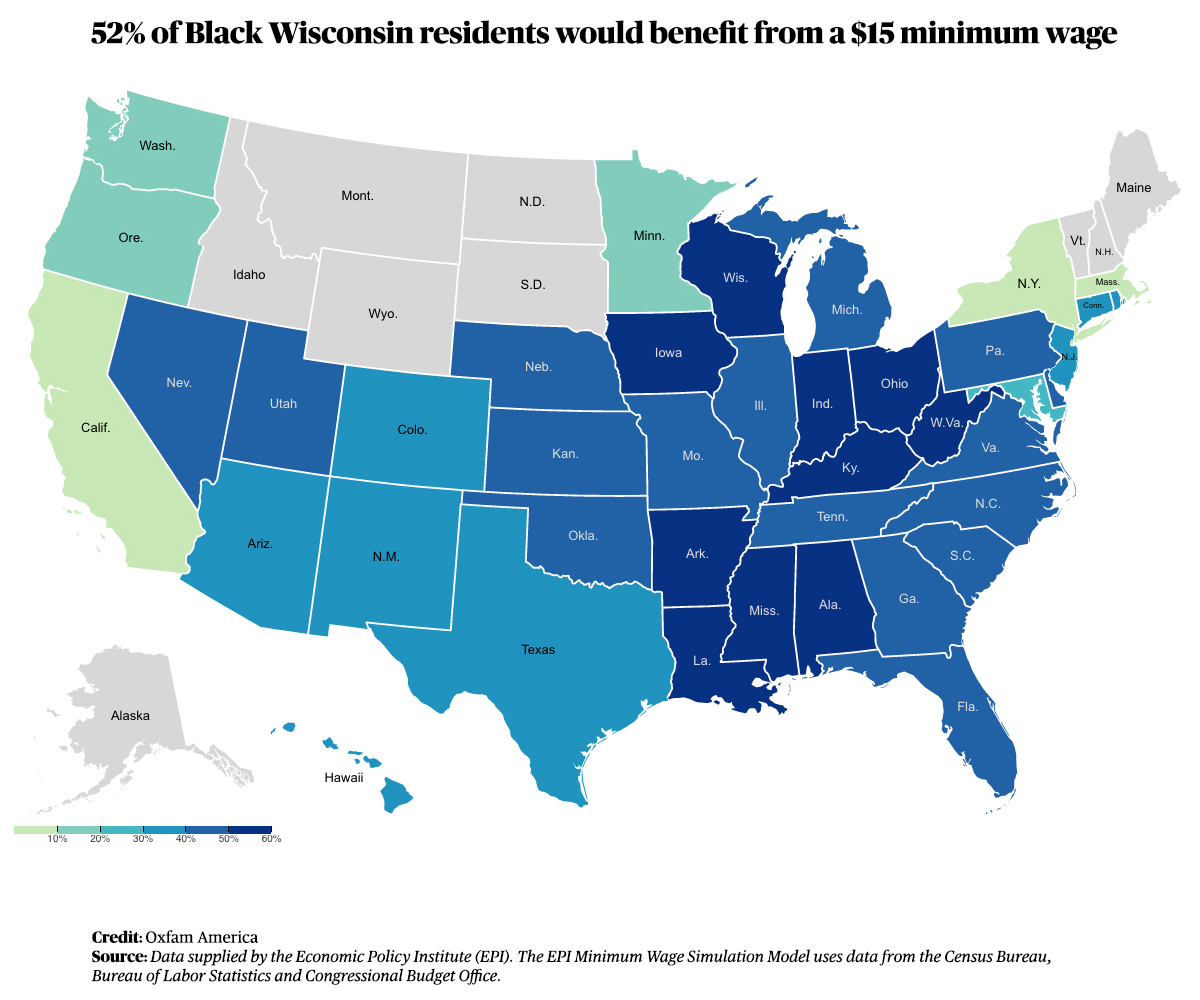
A map shows the percentage of Black residents by state across the United States who would benefit from a $15 minimum wage. In Wisconsin, that figure is higher than 50%. (Credit: Oxfam America)
Chuck Self, the chief investment officer at iSectors investment firm in Appleton, Wisconsin, supports raising the minimum wage. But Self said the longstanding income and wealth gaps between white and Black people will not be erased overnight by a $15 an hour minimum wage.
In his essays for the Community Foundation for the Fox Valley Region, Self referenced a 2018 report by Duke University, arguing there is little Black people can do on their own to close the wealth gap. Greater educational attainment, home ownership and banking have proven insignificant in lifting Black families out of poverty and closing the generational wealth gap over the years, the report found.
“The whole point of the narrative has been historically, Black people should do things to lift themselves up, so that they could be at the same wealth level as white people, but what that report shows is that it’s impossible, it can’t be done,” Self said.
But for McKnight and Rudd— and many like them — raising the minimum wage is the first step.
“Let’s keep fighting, let’s keep going, let’s keep going until we see a change,” McKnight said.
Said Rudd: “Fifteen dollars is just a start. We want to take vacations. We want to be able to live the American dream.”
Wisconsin Watch reporters Zhen Wang and Isaac Wasserman contributed to this story, which was produced as part of an investigative reporting class at the University of Wisconsin-Madison School of Journalism and Mass Communication under the direction of Dee J. Hall, managing editor of Wisconsin Watch. The nonprofit Wisconsin Watch collaborates with WPR, PBS Wisconsin, other news media and the UW-Madison School of Journalism and Mass Communication. All works created, published, posted or disseminated by Wisconsin Watch do not necessarily reflect the views or opinions of UW-Madison or any of its affiliates.
 Passport
Passport





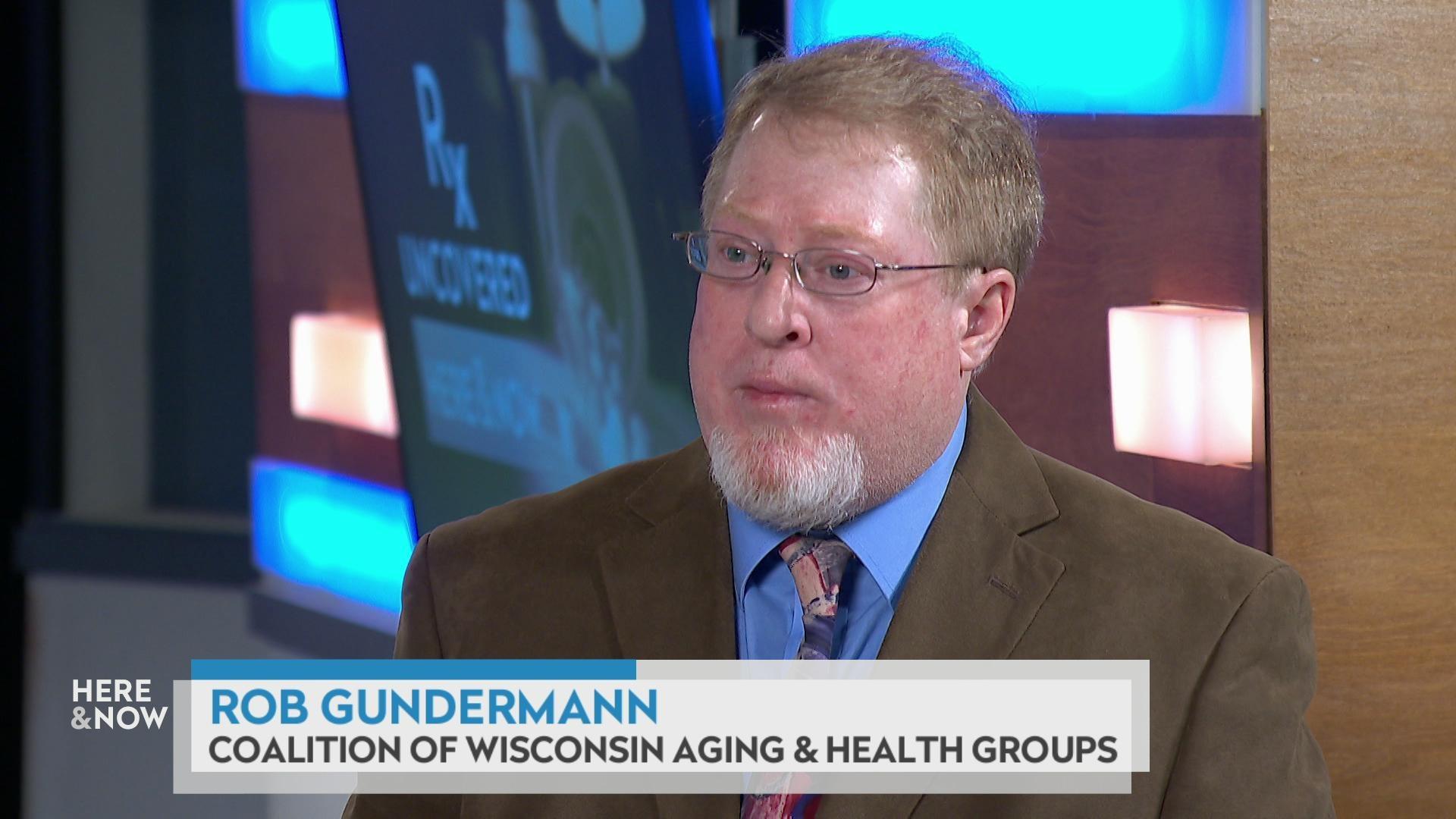



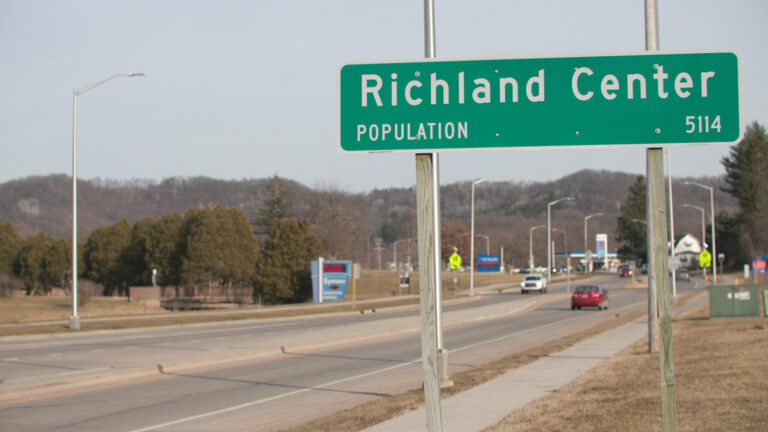

Follow Us